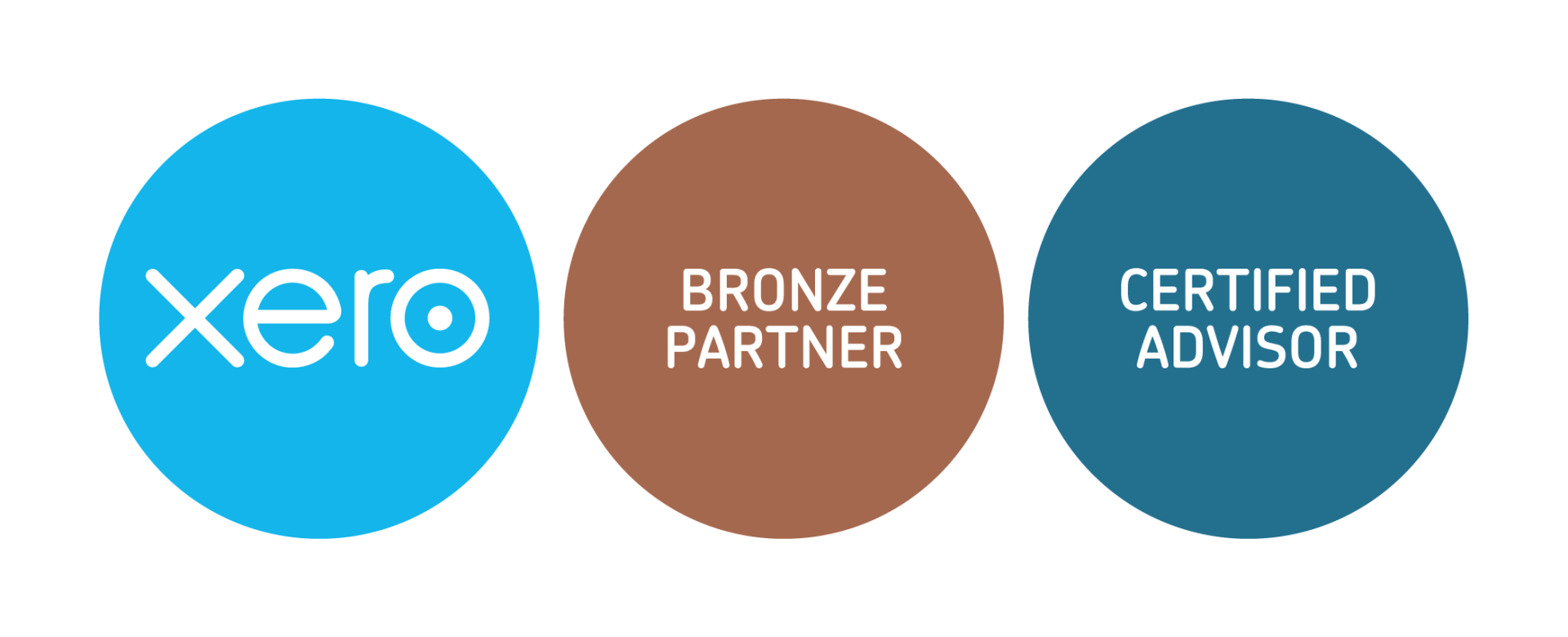5 Bookkeeping Tips for New Small Business Owners

* This blog contains affiliate links. If you choose to make a purchase after clicking a link, I may receive a commission at no additional cost to you. Thank you for your support!
When starting your new business, the bookkeeping may not be your priority as you are more than likely concentrating on growing your business.
Keeping good financial records is essential for the success of your business. Here are 5 tips to help you get started with your bookkeeping.
1. Keep your personal and business finances separate
One of the most important bookkeeping tips is to keep your business and personal finances separate. Open a separate bank account for all your business transactions, this will help you to save time when reconciling your accounts at the end of each month. If you mix them both your personal and your business, it can become a complicated mess.
It will also prevent problems with your bookkeeper asking questions about your personal transactions.
Banks such as Starling and Mettle provide online accounts for sole traders, partnership and small business with no monthly account fees and no charges on electronic payments, domestic transfers or ATM withdrawals.
They also integrate with accounting software such as Xero, Sage, FreeAgent. Pulling all your bank transactions through to your accounting software automatically.
Starling bank
offer a free day out at a National Trust site of your choice if you open an account with them.
2. Use accounting software from day one
Using accounting software from day one will help you manage your bookkeeping, you can raise and send your sales invoices as soon as you have completed a job, whenever and wherever you are. If you have an online store your sales figures can be pulled through automatically to the accounting software.
Accounting software can produce financial reports for analysing how your business is preforming. Show you who owes you money and who you owe money too.
You can try most accounting software’s for free for 30 days, take advantage of these free trials to find out which one best suits your business.
The software we use at CLS Bookkeeping and recommend are
3. Stay organised
Set aside some time each week or month to update your accounting software, this could be 1 hour a week.
Completing your bookkeeping little and often will reduce the amount of stress in doing your bookkeeping and will also help you to track the thresholds of any tax obligations you may have to meet, for example VAT.
Get into a routine of keeping all your receipts and invoices for your expenses from day one, remember that you can claim some start-up costs that you incurred before you started trading.
You could take pictures of your receipts and invoices and save them onto a cloud-based storage, for example. One Drive, Google Drive etc. This is a backup in case you misplace any of the originals.
By law you must keep your financial records for a certain amount of time. This can be digitally or paper copies.
If you are self-employed, 5 years from the 31st January deadline submission of the tax year
Example, if you sent your 2020 to 2021 tax return online by 31 January 2022, you must keep your records until at least the end of January 2027.
If you are a limited company, 6 years from the end of the financial year. Example, you have filed the account for the year ended 31st December 2021, you must keep your records until at least 31st December 2027
4. Keep on top of your cash flow - Put money aside for your tax
With the reports that you can produce from your accounting software, you can tell from them who owes you money. Making sure that you have credit payment terms in place for customers and ensuring that they pay on time is vital for your cash flow. This may mean that you will have to keep good credit control procedure in place and chasing customers when they do not pay on time.
It's also just as important that you also pay your suppliers on time too, to avoid late payment fees, which may affect your credit rating. Paying on time keeps a good business relationship with your suppliers.
If no money is coming into the business, then you cannot pay your suppliers!!
Remember, that you will also need to put money aside for your tax bill, analysing how your business is preforming on a regular basis will show you how much money you will need to put aside for tax ready for the end of the financial year. You could even open a business savings account to save for your tax.
5. Know when it's the right time to take on a bookkeeper
As your business grows you may find that you do not have the time to complete your bookkeeping on a regular basis. Trying to squeeze in time for your bookkeeping can become very stressful and will more than likely result in incomplete records and not being tax compliant.
Understanding the importance of the role of a bookkeeper before it is too late will be an asset to your business. A bookkeeper is an investment to your business not an expense.
Bookkeepers can offer more than just the day-to-day bookkeeping. We can help you find out which accounting software is best for your business and set this up for you. We can help you meet your tax deadlines and more.
View our services to find out how we can help you or book a discovery call for a chat about how we can help.
Found this blog helpful? Share with others








